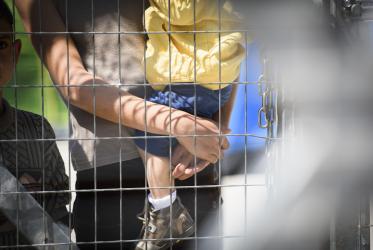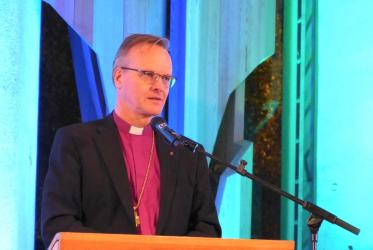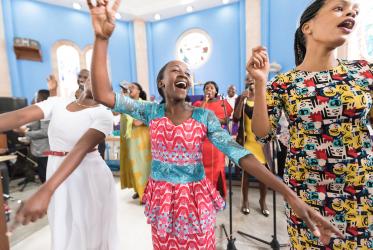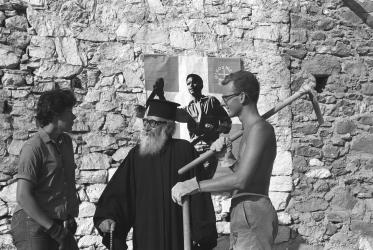Displaying 1 - 20 of 22
Nordic churches: “take our human responsibility”
12 March 2020
How will the Arusha Call change the world?
20 May 2019
All pilgrim routes lead to COP24
11 December 2018
#WCC70: Remembrances of an ecumenical workcamper
20 September 2018
Winners of WCC photo contest announced
09 May 2016
Symposium focuses on religion, violence, extremism
04 February 2016
WCC/UN conference calls for coordinated action on refugee crisis
20 January 2016
WCC urges responsibility for and support to the refugees in Europe
04 September 2015
WCC Executive Committee speaks out on migrant crises
12 June 2015















